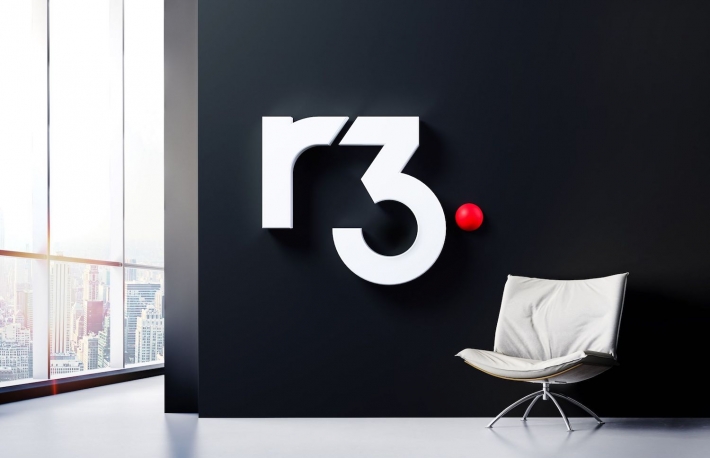
Corda's new project for DeFi
The Cordite Society, a UK registered cooperative, has released the XDC crypto token on Corda, the public and open source version of the R3 network. The new regulatory-compliant cryptocurrency will open the door, according to the Cordite team, to various decentralized finance (DeFi) applications running on Corda's distributed ledger technology (DLT).
R3 started out as a pay-to-join DLT consortium of large banks, which over time realized the value of hosting a large community of developers and created the open source Corda Network along with the commercial version of the software.
The idea of a “Corda Coin” was launched at last year's CordaCon, the annual gathering of developers, but at the time only as a research project. Now a reality, the Cordite Society will mint the first series of 1 million XDCs to be associated with applications on Corda.
This company makes use of the UK's existing legal structures for co-operative companies, a provision also used by the DeFi risk reduction platform Nexus Mutual.
XDC will meet every regulatory standard
"XDC is a digital currency in its own right," said Richard Crook, former RBS banker and CEO of Cordite. "It is issued as an exchange token for members of the Cordite Society and, as coined or created, will be distributed equally among the members of the cooperative society."
The announcement from XDC and the Cordite Society is scheduled to coincide with this year's CordaCon event. Crook said membership in the newly convened Cordite Society is now open and members will vote on XDC's bid rate and other government matters in the future.
Companies participating in Cordite's decentralized autonomous organization (DAO) will be compliant with regulations, Crook added, as R3 has designed the Corda network in such a way that each node represents a legal entity, identified by a trusted identity certificate.
This ensures that XDC meets G20-approved Financial Action Task Force (FATF) standards on digital assets to address AML risks, a challenge that Ethereum-based DeFi projects continue to be unable to address, he said. said Crook.
“Regulators have set the requirements for what a digital currency needs to be, and that's exactly where XDC fits in,” Crook said. “It meets the requirements of most jurisdictions as a digital currency and is therefore a step forward. We are a new generation Bitcoin or XRP ”.
Additionally, Crook said the XDC code will pave the way for technologies like central bank digital currency (CBDC) on Corda and what he called a "clean" expansion of DeFi. BCB Prime Services (which works with Bitstamp, Bitcoin system, Coinbase, Galaxy and Kraken) will provide OTC liquidity and custody services for XDC.
